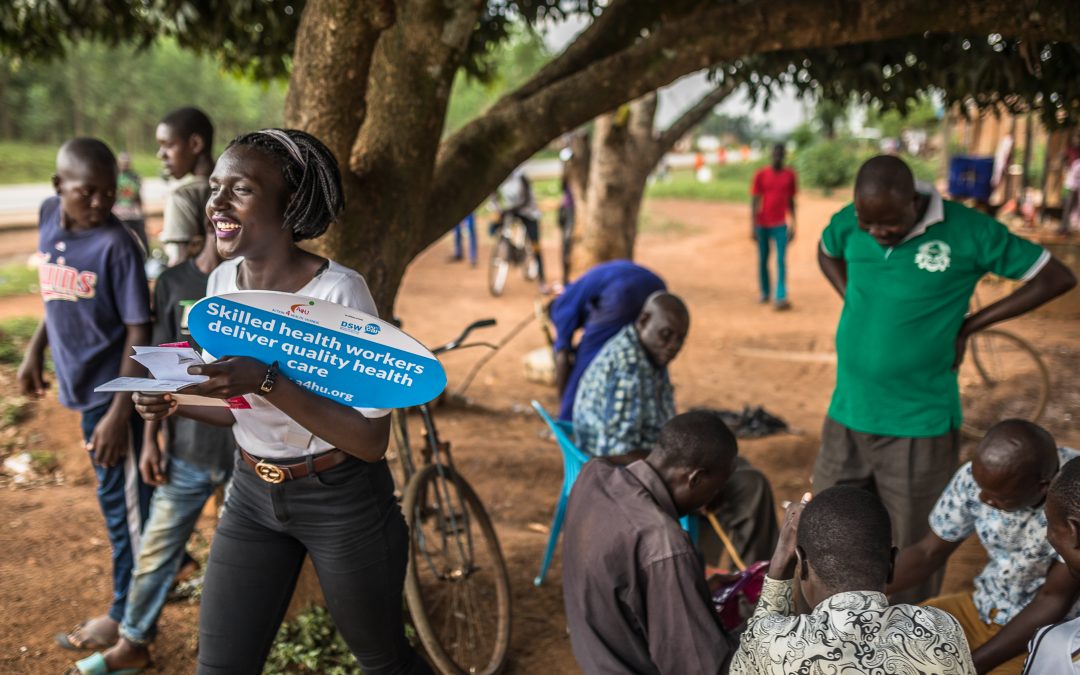Today we celebrate International Youth Day, the theme of which is, “Youth Engagement for Global Action”. I find the timing of this theme extremely appropriate given the current global situation and the urgent need for more proactive measures to ensure young people’s access to family planning services, supplies, and information.
We are currently in the grip of a dilemma unlike anything we have witnessed in our lifetimes. Right now COVID-19 cases continue to grow in Africa, with latest reports showing a 13% increase in August when compared to July. In many of these countries, young people often account for more than 60 percent of the population. Unless we act now to ensure their sexual and reproductive health and rights are met, we are bound to witness a massive spike in unintended pregnancies, unsafe abortions, and even maternal deaths. Indeed, according to a recent study by Guttmacher, it was estimated that in low- and middle-income countries, the pandemic will result in an additional 49 million women with an unmet need for modern contraceptives, and an additional 15 million unintended pregnancies over the course of a single year. This is, in a word, unacceptable.
It is clear that we need to do everything in our power to avoid this from happening – and I believe that young people play a major role in ensuring this. At DSW, in addition to supporting and training youth advocacy groups in east Africa, we have developed a large network of youth champions that actively engage with decision-makers in helping to shape a better future for themselves, and their countries. This work at the district, county, and even national level needs to continue and increase to ensure that policy-makers are responding properly to the ongoing situation, and that shortages and lack of access to family planning services are limited. But these champions also play another role too – spreading knowledge of family planning within their communities and among other young men and women. Indeed, peer-to-peer learning and training is a core component of the DSW youth champion approach. Through projects such as DSW’s Youth Truck in Uganda, champions are engaging with marginalized young people via workshops, activities, and the distribution of family planning supplies. These people in turn spread the knowledge gained among their own peers, and within their families, leading to a multiplication effect. I remain convinced that initiatives such as these have incredible potential to help reduce the current (& potential) unmet need for modern contraception, the spread of infectious diseases, and unintended pregnancies.
We may be currently teetering on a dangerous precipice due to Corona, but only by standing together with young people and empowering them to become drivers of their own destinies, can we create a better future for all.
